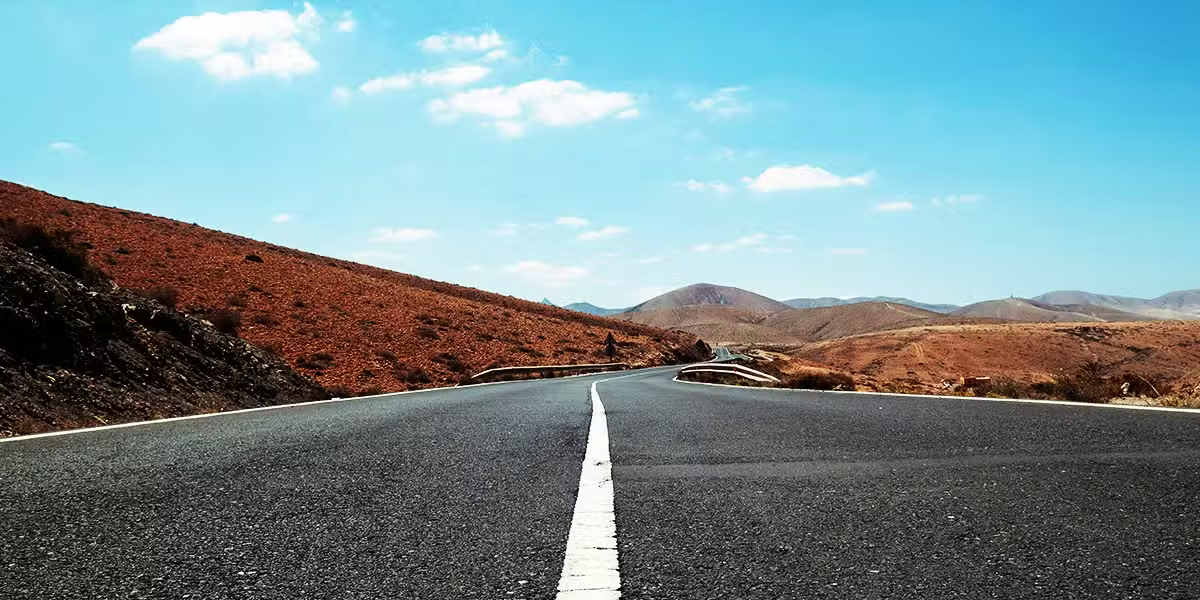“The eyes of all future generations are upon you. And if you choose to fail us, I say: We will never forgive you.”
—Greta Thunberg
This past September 23, millions of people around the world walked out of their schools and workplaces to demand urgent action on climate change. The protests were scheduled prior to the opening of the United Nations General Assembly and the Climate Action Summit in New York City.
At the heart of the strike was a 16-year-old girl from Sweden with Asperger’s syndrome, a developmental disorder that causes individuals to view things as either black or white. At times that can be a detriment. For Greta Thunberg, it’s an asset, one from which we all benefit.
In August 2018, Thunberg began skipping school in her native Sweden to protest inaction on climate change. Before long, she was joined by other students engaged in similar protests in their own communities, and the Fridays for Future organization was born. Since then, that organization has grown, culminating in what happened on September 23.
In her speech at the United Nations, Thunberg spoke in her usual blunt manner, scolding those gathered. “I shouldn’t be up here,” she said. “I should be back at school on the other side of the ocean. Yet you all come to us young people for hope. How dare you! You have stolen my dreams and my childhood with your empty words.”
It is not the first time this young woman has taken adults in positions of power to task over the issue. She has repeatedly chastised them for their inaction, pointing out that their words on the issue ring hollow.
When during a meeting with a cross-party group of British MPs in April of this year, Thunberg, who felt she wasn’t being listened to, asked, “Did you hear me? Is my English OK? Because I’m beginning to wonder.”
When Will We Listen?
If you don’t want to listen to a 16-year-old, though, perhaps you will listen to Pope Francis. He certainly has addressed the issue of the environment. In fact, he devoted an entire encyclical, “Laudato Si‘,” to the topic in 2015.
In the encyclical, the pope cites St. Francis’ “Canticle of Creation,” which likens the earth to our sister.
“This sister now cries out to us because of the harm we have inflicted on her by our irresponsible use and abuse of the goods with which God has endowed her,” the pope wrote. “We have come to see ourselves as her lords and masters, entitled to plunder her at will.”
Many others in the Catholic Church have also spoken out about the crisis. Prior to Pope Francis, Pope Emeritus Benedict XVI pointed out that “young people had come to realize that something is wrong in our relationship with nature, that matter is not just raw material for us to shape at will, but that the earth has a dignity of its own and that we must follow its directives.”
In 1981—and many times since—the US bishops have addressed the issue. Before that, St. John Paul II sounded the alarm in 1979, the first year of his pontificate. And before him, St. Pope Paul VI spoke of “the urgent need for a radical change in the conduct of humanity” regarding the environment.
Time for Action
While speaking out is an important first step, Greta Thunberg reminds us that it is only the first step. Now is the time for action. The clock is ticking.
One such step is the US bishops’ Catholic Climate Covenant, which was established in 2006 to help US Catholics respond to the Church’s call to care for creation and care for the poor. The organization points out that “loving God’s creation and God’s most vulnerable is at the heart of who we are as Catholics. Catholics do care about climate change, and they’re working hard to create solutions.”
And while organizations such as this are important, if we each don’t take the next step and put the words and suggested solutions into action, they are useless.
Obviously, this is not a new issue. People have been sounding the alarm for quite some time. It is getting louder each day. Up until now, many of those across the world in positions to make structural changes haven’t been able—or perhaps willing—to find a solution or take immediate action. Perhaps, then, it’s time we started listening to the younger generation, our Catholic leaders, and people like Greta Thunberg.
As Pope Francis said in his encyclical, “All is not lost. Human beings, while capable of the worst, are also capable of rising above themselves, choosing again what is good, and making a new start.”








